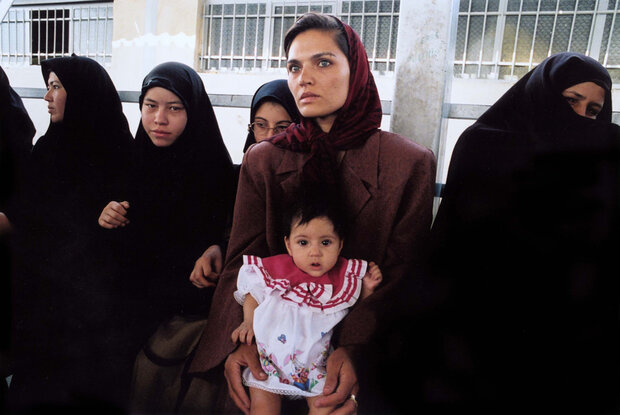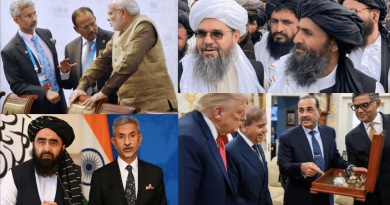Activists Condemn Iran’s Mass Deportation of Afghans After Israel War
Tehran – A powerful coalition of over 1,300 activists, artists, journalists, and human rights defenders from Iran and Afghanistan have issued a public appeal to the Iranian government, demanding an immediate end to the mass deportation of Afghan migrants—an action that has sharply intensified in the aftermath of Iran’s brief conflict with Israel.
In an open letter circulating widely across Persian-language media platforms, the signatories warned that the Iranian state’s deportation campaign is not just a legal measure, but a humanitarian crisis in the making.
“We are well aware that the phrase ‘deportation of illegal migrants’ is a euphemism for inhumane treatment of all migrants—both legal and illegal,” the statement read.
The crackdown has reportedly expanded beyond previous justifications such as rising unemployment. Since the 12-day military engagement with Israel, Tehran has shifted to new allegations—accusing Afghan residents of being part of “espionage networks” and “infiltration cells” allegedly tied to foreign powers.
According to Afghanistan International, security forces have been seizing mobile phones from Afghan nationals in cities across Iran, under suspicions of “communication with Israel.” Many migrants, including those holding valid legal status, now fear travel within the country, citing random checkpoint interrogations and arrests.
Iran’s Interior Minister announced on Wednesday that over 400,000 foreign nationals have been deported in the past four months alone—an alarming figure that has drawn sharp criticism from regional observers and humanitarian groups.
“The injustice currently being inflicted on Afghans and other voiceless minorities is, above all, a betrayal of the core values we uphold—humanity, justice, and freedom,” the letter added.
Prominent Iranian dissidents and public figures are among those backing the initiative. Acclaimed actress Taraneh Alidoosti, journalist Lili Farhadpour, and human rights lawyer Mehrangiz Kar have lent their names to the growing outcry.
While Iran has long hosted one of the world’s largest populations of Afghan refugees, this latest phase signals a hardening stance by authorities—one that critics say reflects Tehran’s growing tendency to link internal ethnic and migrant issues to its external geopolitical rivalries.
Human rights organizations are urging the international community to pressure Tehran to comply with its obligations under international refugee law and halt what they describe as a state-sanctioned campaign of intimidation and forced returns.



